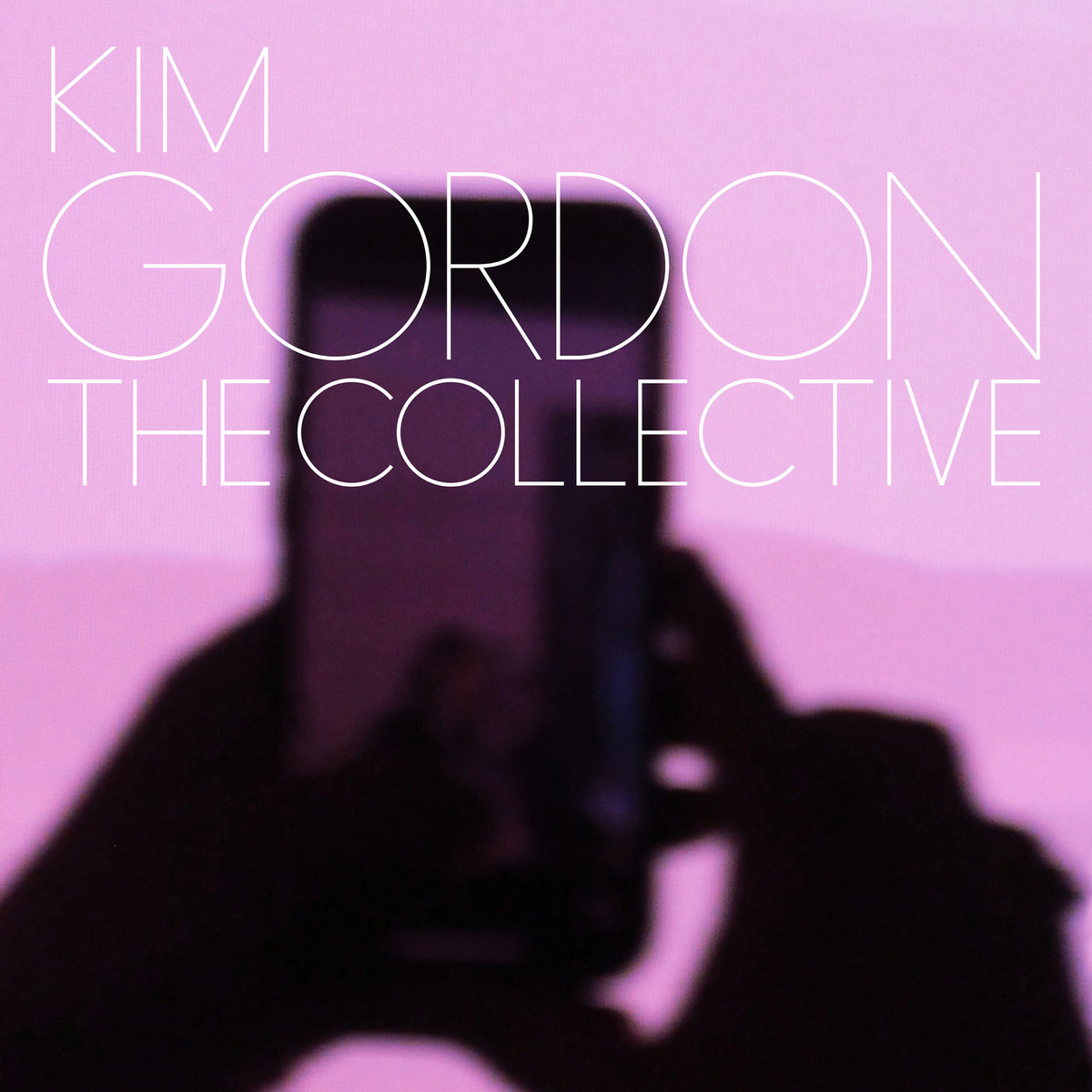Kim Gordon
The Collective
MATADOR
ABOVE THE CURRENT
Kim Gordon has shown the world time and again why she was always the primary innovative force behind Sonic Youth. Her second solo project, The Collective, is a monolith of those creative powers and a pivot away from pure noise rock into unique sonic territory that marks another highlight in her ever-growing legacy. She’s at the peak of her artistry here, brilliantly deconstructing the current hip-hop zeitgeist by fusing trap beats, heavy industrial-style guitars, and acerbic lyrics to subvert the typical sexism and consumerism found in mainstream rap.
On The Collective, Gordon reunites with No Home Record producer Justin Raisen—also known for his work on boundary-pushing projects from pop artists like Charli XCX and Yves Tumor—who helps create a brooding, atmospheric soundscape that feels dangerous and otherworldly as it melds aspects of trap and hip-hop with Gordon’s familiar voice, giving her a strange, liminal space over which to lampoon male insecurity and mindless consumption. The album kicks off with the intoxicating lead single “Bye Bye,” which fuses bombastic noise with mundane lyricism. Gordon lists the quotidian objects of daily life, contrasting the stereotypical flash and high-culture materialism you might find in your standard Drake song. “Foundation, contact solution, mascara… eyelash curler, vibrator, bye-bye,” sings Gordon in a monotone voice as the guitars, bass, and electronic beats crescendo into vicious noise.
Gordon plays around not only with the rhythms from modern hip-hop music, but on “The Candy House” she even overlays 808 beats with a bit of Auto-Tune, distorting her voice to the point of unintelligibility and creating a Magritte-like surreal sensation. This auditory ambiguity in the track imbues tension as the listener attempts to decipher the distortion—if there’s anything to decipher at all. All that’s left is our projections emanating from our collective psyche.
Later, on “I’m a Man,” we reach the pinnacle of Gordon’s opus. Here, she sardonically attacks male obliviousness. Lampooning the patriarchal structure is nothing new for Gordon, of course, as she memorably skewered the “male white corporate oppression” of the 1990s on the song “Kool Thing” from the iconic Sonic Youth album Goo. “Don’t call me toxic just because I like your butt,” sings Gordon on “I’m a Man,” ironically embodying a chauvinist perspective. There are plenty other intoxicating moments on The Collective, an album that works in totality. It’s an art piece that a lesser musician couldn’t make work without it feeling kitschy. Fortunately, Gordon always brings a coolness and uniqueness to her work. It begs to be explored and experienced.







